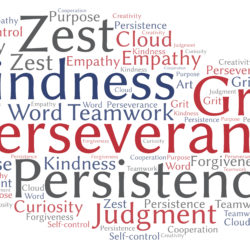by Mark H. Sklarow, Chief Executive Officer, Independent Educational Consultants Association
Let’s assume you were an admission director for a day. One spot remains for the class of 2019 with two folders in front of you. Candidate A is a brilliant young woman, with a 4.0 GPA which she achieved without breaking a sweat. In fact, she cruised through high school, never once experiencing a downturn personally or academically. Candidate B achieved a GPA a bit lower, let’s say a 3.6. But she did it faced with challenges: personal, familial, and academic. She wasn’t scared off by tough classes and succeeded with grit, determination, and a healthy dose of persistence.




